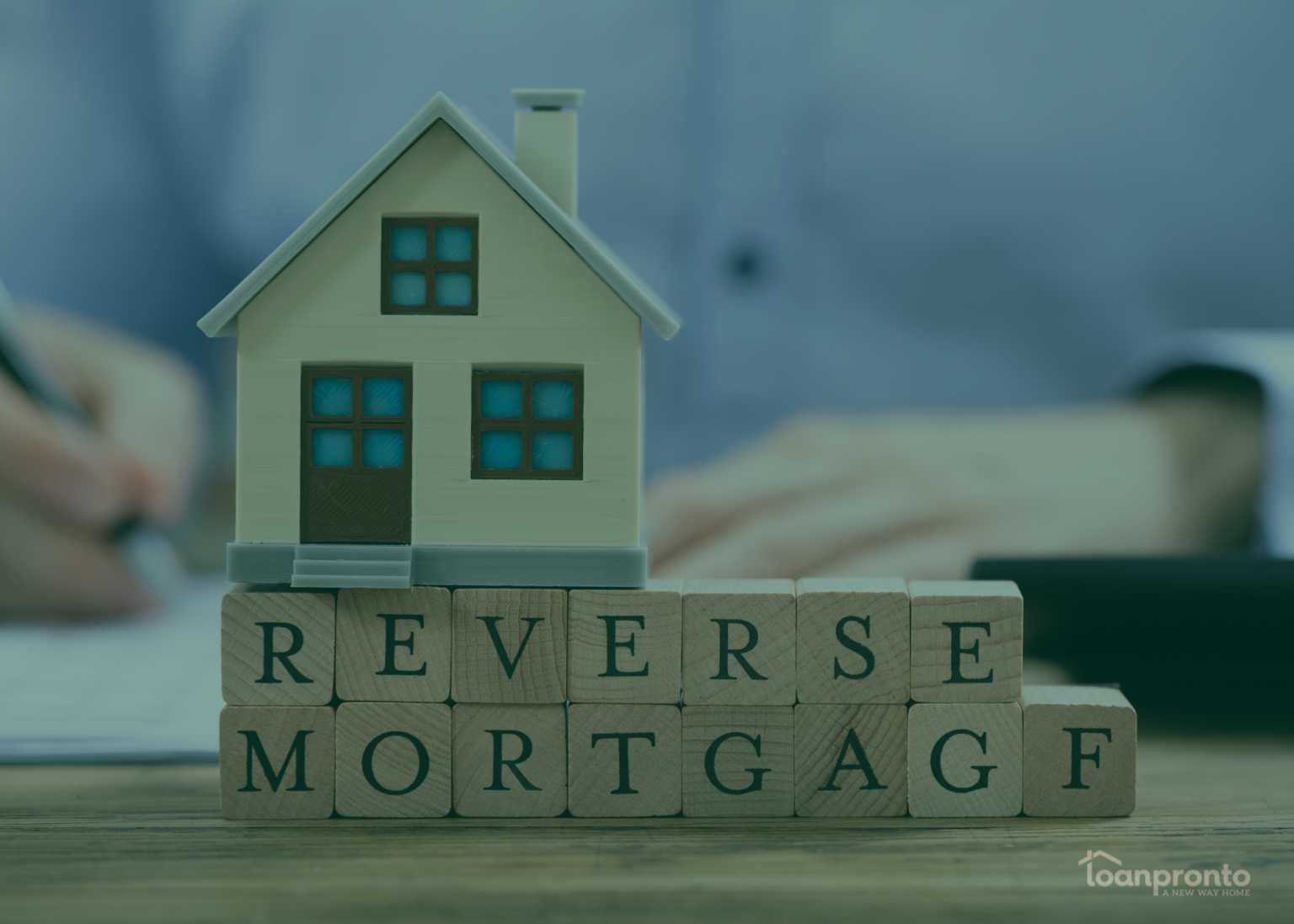Key Takeaways
-
Reverse mortgages allow seniors to access home equity without monthly payments, offering extra income during retirement.
-
Funds can be received as a lump sum, monthly payments, a line of credit, or a combination, giving flexibility based on needs.
-
Reverse mortgages come with significant costs, including mortgage insurance, origination fees, and third-party charges.
-
Borrowers must be 62 or older, own the home outright or have significant equity, and meet other qualifications like paying property taxes.
Reverse mortgages allow older homeowners to convert home equity into tax-free cash without monthly costs and payments. Here is everything you need to know to decide if it is right for you.
What is a Reverse Mortgage?
A reverse mortgage lets homeowners aged 62 or older (or 55+ for some private loans) convert home equity into tax-free cash without monthly payments. Unlike a traditional mortgage, the lender pays you, and you repay the loan when you sell your home, move out, or pass away.
Homeowners use these to supplement their retirement, pay off debt, cover medical expenses, fund home improvements, delay Social Security withdrawals for higher benefits, and more.
How does a reverse mortgage work?
This type of loan allows you to borrow against your home equity, but you won’t receive the full home value. The amount you can borrow, known as the principal limit, depends on factors such as age, home value, interest rates, and FHA loan limits.
Payout options
You can receive funds in several ways:
- Lump Sum: Get a fixed amount upfront with a fixed-rate loan.
- Monthly Payments: Receive steady payments as long as you live in the home.
- Line of Credit: Withdraw funds as needed.
- Combination: Blend monthly payments and a line of credit.
Interest accrues over time, increasing the loan balance. However, you must still pay property taxes, homeowners insurance, and maintenance costs to avoid default.
Types of Reverse Mortgages
- Home Equity Conversion Mortgage (HECM) – The most common option, backed by the FHA, with flexible payout choices. Requires HUD-approved counseling.
- Proprietary Option – A private loan available to homeowners as young as 55, ideal for high-value homes.
- Single-Purpose Loan – A government or nonprofit loan typically used for home repairs or property taxes.
How much does a Reverse Mortgage cost?
With a HECM loan, just like a traditional mortgage, you must cover closing costs, including:
- Mortgage Insurance Premium (MIP) – 2% of the home value upfront, plus 0.5% annually.
- Origination Fees – 2% on the first $200,000, then 1% on the remaining value (capped at $6,000).
- Servicing Fees – Up to $30-$35 per month.
- Third-Party Fees – Includes appraisal, title insurance, and credit check.
What Are The Requirements For A Reverse Mortgage?
To qualify for a home equity conversion loan, the primary borrower must be at least 62 years old. Additional eligibility requirements include:
- Own your home outright or have paid down majority of your mortgage
- The home is your primary residence
- Attend an informational session with a counselor approved by the U.S. Department of Housing and Urban Development
- Cannot be late or delinquent on any federal debt
- Continue to pay property taxes, homeowners insurance, and any applicable homeowners association fees
Pros and Cons of a reverse mortgage
Pros:
- Provides tax-free cash.
- No monthly mortgage payments.
- Allows you to stay in your home.
- Supplements retirement income.
Cons:
- Loan balance grows over time.
- High upfront costs and interest rates.
- May affect Medicaid and SSI eligibility.
- Heirs must repay the loan or sell the home.
Is a Reverse Mortgage right for you?
Consider this option if you need extra retirement income, plan to stay in your home long-term, and understand the costs. If leaving your home to heirs is a priority or you plan to move soon, explore other alternatives.
Other ways to tap into your home equity
- Home Equity Loan or HELOC – Borrow against home equity but make monthly payments.
- Refinancing – A cash-out refinance or a longer-term loan can lower monthly payments.
- Shared Equity Agreement – A company invests in your home’s future value in exchange for cash now.
Reverse mortgages can offer financial relief for seniors needing extra income, but they also come with costs and long-term implications. Our loan officers are here to help you navigate your options and determine if a reverse mortgage is the right fit for your retirement. Click below for a free quote!
FAQ: Reverse Mortgages
No SSN required. Zero impact to credit. Your Information is never sold.



